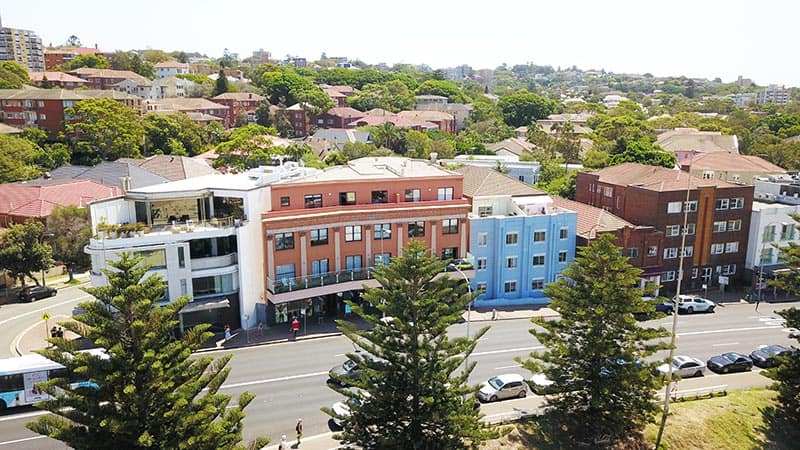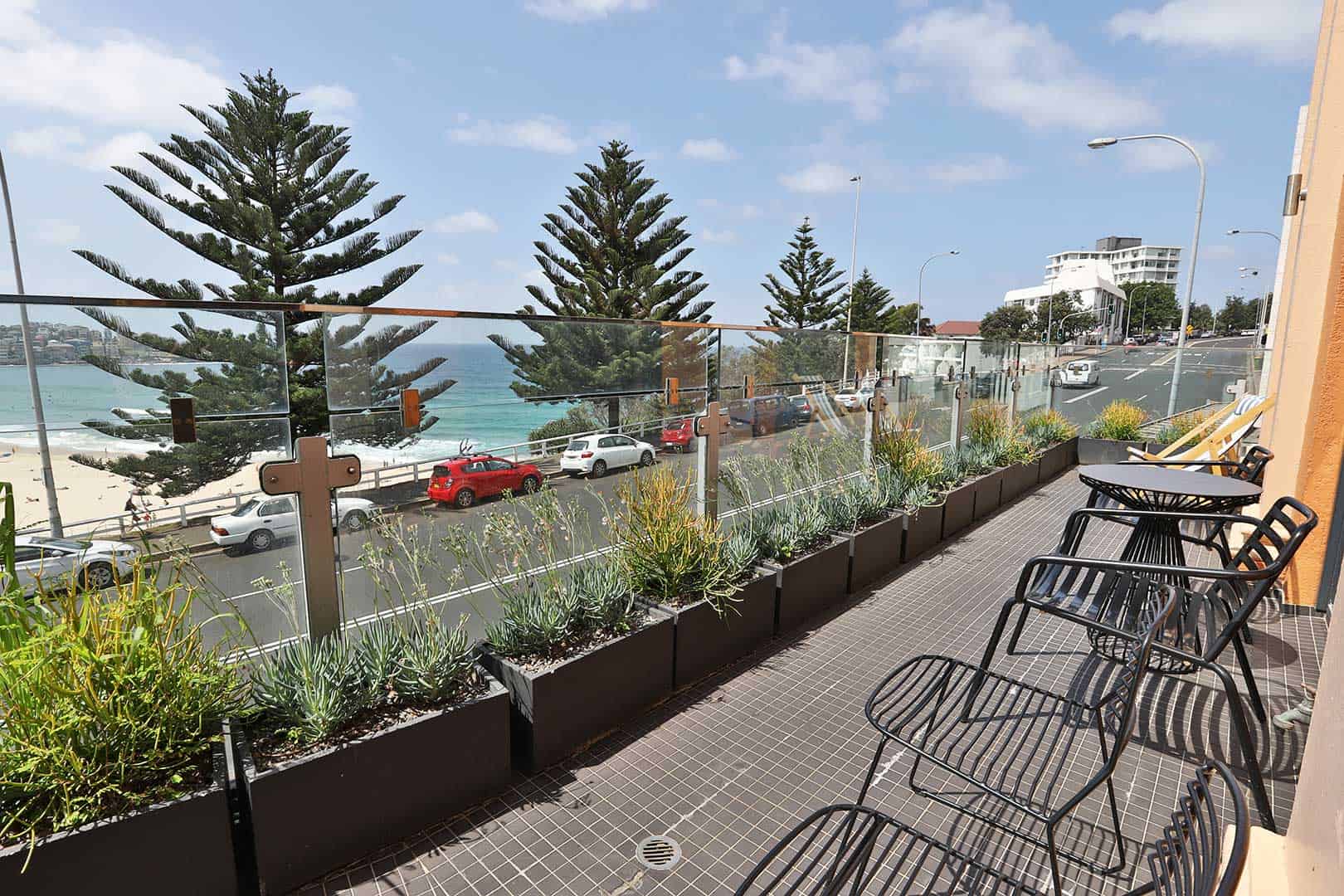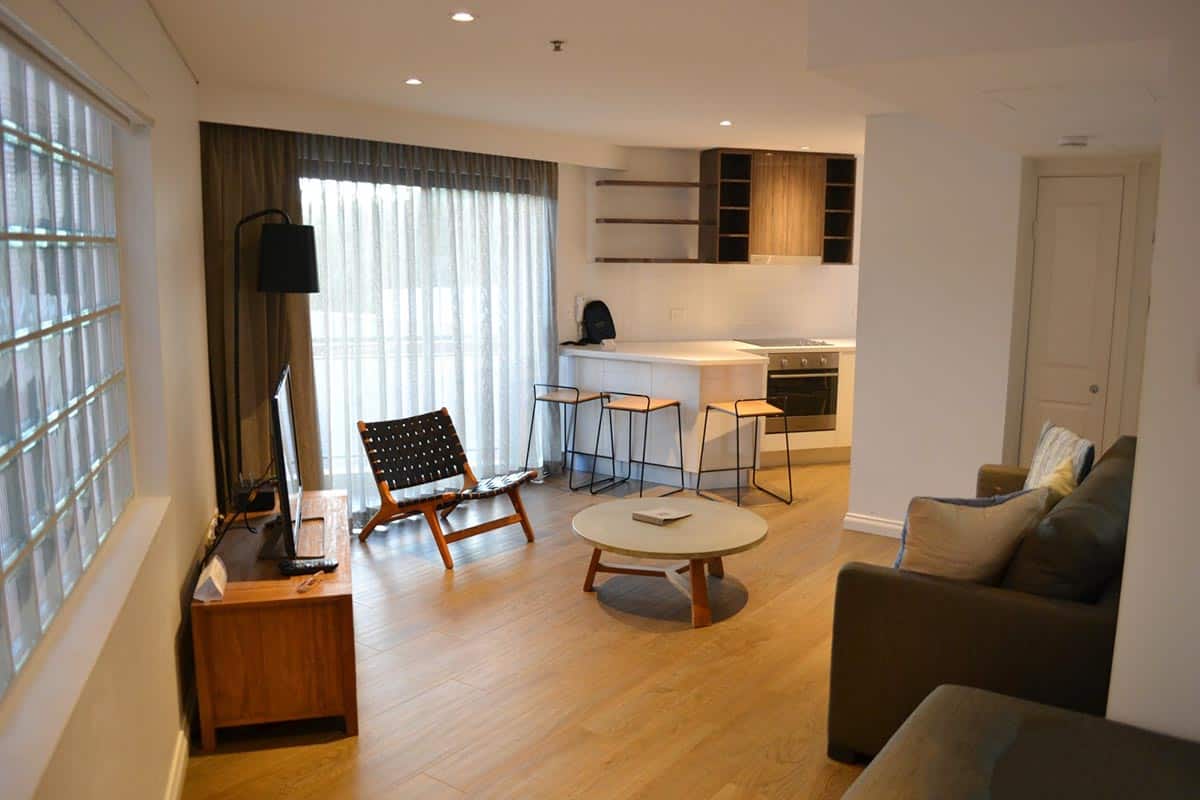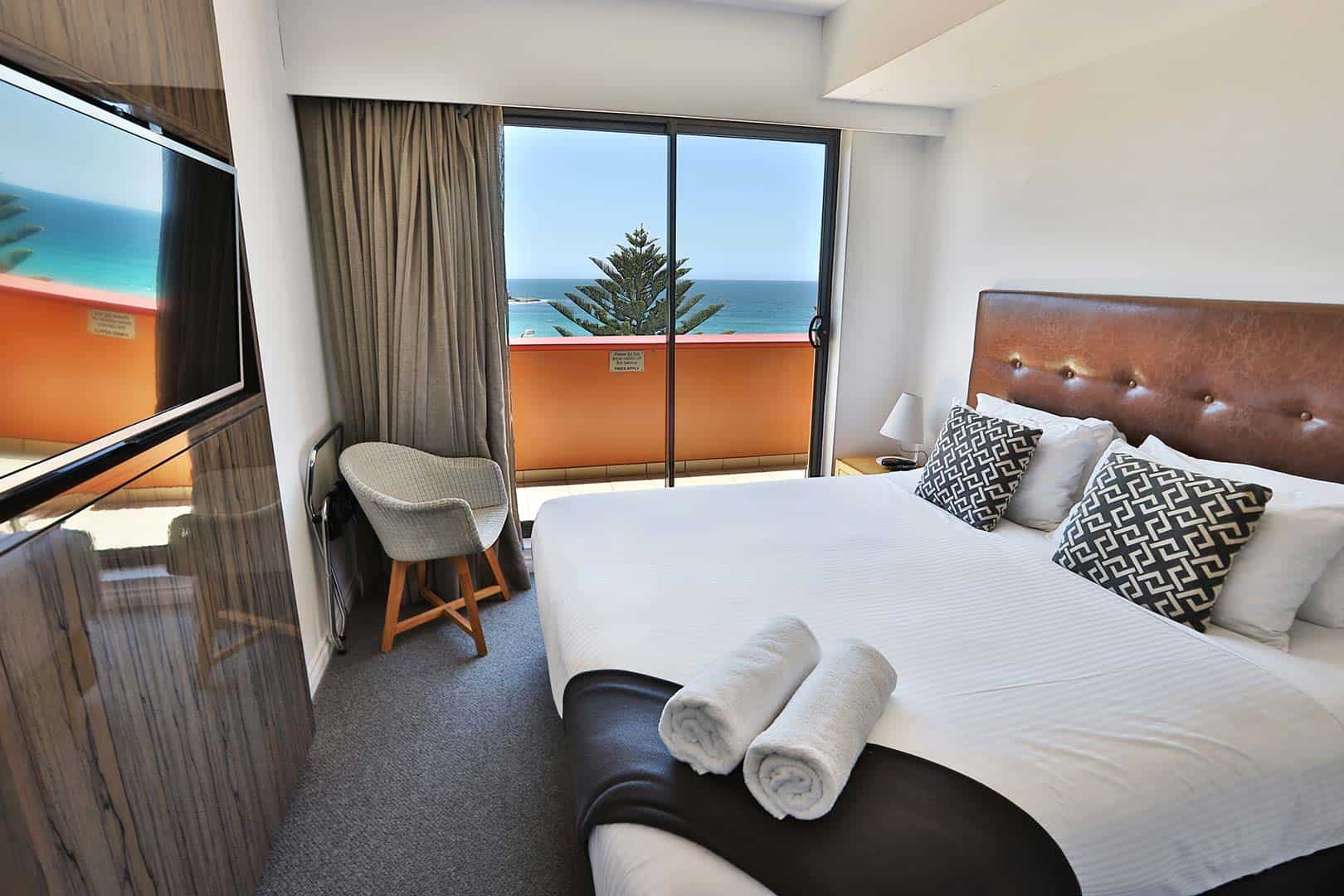Looking for solutions on how to get over jet lag from England to Australia? You’re in the right place. Our no-nonsense guide offers tried-and-tested tips to align your sleep with Sydney time, ensuring your journey down under is jet lag-free. Expect to learn straightforward, science-backed strategies that will help you adapt to the new time zone rapidly.
Key Takeaways
- Jet lag, a side effect of long-distance travel caused by a disruption of normal circadian rhythms, can really mess up your body’s internal clock work. Traveling east from England to Australia can significantly increase these symptoms because of the large time change, causing grogginess or worse sick-like feelings.
- Shifting your bedtime to be in sync with your destination is a good way to kick jet lag in the butt. On the flight, pretend you’re already there—sleep when Aussies do, and skip the coffee and booze. Also, pack like a sleep ninja with noise-canceling headphones and a killer neck pillow.
- Once you hit Sydney, stick with the local flow to beat jet lag. Soak up that Aussie sun, keep naps short and sweet, and keep your body guessing with a walk and some protein. If you’re crashing at Bondi38, they’ve got your back with discounts for longer stays and comfy digs to make adjusting way easier.
Understanding Jet Lag and Your Body Clock
Traversing long distances often results in a common side effect known as jet lag, which disrupts our bodies’ internal clocks and normal patterns. At the heart of this disruption are our circadian rhythms, the body’s internal 24-hour cycles, which play a crucial role in determining our sleep patterns and behaviour. Essentially, these rhythms are our in-built clock, responding mainly to light and darkness in our environment.
However, on a long-haul flight from England to Australia, this clock experiences a disruption. The result? We feel the effects of jet lag, which can be exhaustion, disrupted sleep patterns, and altered eating habits.
So, what’s the strategy to overcome this challenge and triumph over jet lag? One possible solution is to find an effective way to cure jet lag.
The Science Behind Jet Lag
Sunlight exposure and the altitude of the airplane cabin throw our circadian rhythms out of sync, exacerbating jet lag. When we travel across multiple time zones, say from England to Australia, we experience a significant time loss of anywhere between nine to eleven hours upon arrival.
Interestingly, the direction in which we travel also plays a role in the severity of our jet lag. Flying east, like we do when traveling from England to Australia, intensifies the discrepancy in our body’s internal clock, thus increasing the symptoms of jet lag. On the flip side, if we were flying west, our bodies find adapting easier because we gain hours, providing more opportunities to adjust to the new time zone. In this context, flying east presents a unique challenge when it comes to managing jet lag.
Recognising Your Personal Jet Lag Symptoms
Jet lag often manifests in the following ways:
- Feelings of sluggishness
- Exhaustion
- Feeling slightly drunk
- Waking up unexpectedly, perhaps at odd hours
- Feeling unusually tired
- Being stuck in a constant state of half-awake
However, jet lag isn’t just about feeling groggy for a few days. It can have long-term effects such as mood swings, behavioural changes, and even reduced memory and reasoning abilities. There could be severe physical or physiological impacts, too, like increased stress and potential thyroid issues.
That’s why it’s crucial to recognise and avoid jet lag before it wreaks havoc on your body and travel plans.
Preparing for Your Long Haul Flight: Strategies to Beat Jet Lag
Having understood what jet lag is, the next step is to figure out how to prepare for a long-haul flight and conquer jet lag. The key lies in proactively setting ourselves up for success. This means adopting specific strategies before we even step foot on that plane.
First things first, we need to adjust our sleep cycle. Consider:
- Setting your watch to Sydney’s time zone as soon as you board the plane to align with the local time mentally.
- Apps like Timeshifter and Entrain can calculate optimal sleep times and help users adjust to the new time zone.
- Banking as much sleep as possible during the week before travel to mitigate the effects of jet lag.
Adjusting Your Sleep Cycle Prior to Departure
How can we then tweak our sleep cycle? Start by tweaking your schedule to match your destination’s time zone before you depart. This might mean hitting the hay a little earlier or staying up past your regular bedtime. The goal here is to align your body clock with Sydney time to reduce the impact of the time difference once you land.
In the week before your trip, try to get seven to nine hours of high-quality sleep each night. Avoid drinking coffee or other caffeinated drinks before flying in the afternoons and evenings, as they can interfere with your sleep cycle. The more you can align your sleep schedule with your destination’s local time, the better prepared your body will be to handle the jet lag.
Smart Packing Essentials
Beyond adjusting your sleep cycle, you can prepare by packing smartly. The items you bring can significantly enhance your comfort during the long flight and help you better manage your sleep.
Some essential travel items for a comfortable flight include:
- Noise-canceling headphones, which can improve your sleep quality by reducing plane noise and disturbances from other passengers.
- A portable white noise machine to aid sleep in a new environment.
- A good travel neck pillow, which is an essential investment for long-haul flights to increase comfort.
- A personal water bottle to ensure you stay well-hydrated during the flight.
Onboard Tactics to Tackle Time Zone Transitions
After thoroughly covering pre-flight strategies, it’s time to discuss managing time zone transitions while onboard. The moment you step onto that plane, it’s game time. Your actions during the flight can significantly impact how quickly you adjust to the new time zone once you land in Sydney.
A helpful tip is to:
- Set your manual watch to Sydney time when you depart.
- Attempt to sleep during times that would be nighttime in Australia.
- Adjust the timing of light exposure during the flight to help synchronise your body clock with the new time zone.
Improving sleep on the plane is also crucial; you can use a decent travel pillow, eye mask, ear plugs, and even consider sleeping pills to help adjust to the destination time.
Crafting the Perfect In-Flight Routine
Establishing a beneficial in-flight routine is vital. And no, it’s not about catching up on the latest movies or binging on in-flight meals. The focus here is on sleep.
Setting your watch to Australia’s local time upon boarding the plane helps adapt your body’s sleep schedule to the destination time zone. Use a neck pillow, personal blanket, and eye mask to simulate a night environment conducive to sleep, aligning with Australia’s nighttime. Wearing noise-canceling headphones can also reduce cabin noise, making it easier to rest during the plane’s ‘nighttime’. Lastly, limit your use of electronic devices on the flight. This aids in regulating melatonin production, which is crucial for adjusting to a new sleep cycle.
Staying Hydrated and Nourished Mid-Air
Although sleep is essential, passengers shouldn’t overlook hydration and nourishment during the flight. It’s crucial to maintain hydration, as dehydration can exacerbate jet lag symptoms. Experts advise drinking warm water or herbal tea every hour and staying well-hydrated before flying. Also, avoid diuretics like alcohol and caffeine, as they can disrupt sleep patterns and further dehydration, making it more challenging to adjust to the new time zone.
Consider increasing electrolytes by adding sea salt to warm water or herbal tea to aid in staying hydrated and managing digestion.
First Steps in Sydney: Adapting Upon Arrival
Congratulations! You’ve landed in Sydney, ready for the awaiting adventure. But before you explore the city, it’s essential to spend the first few hours wisely to mitigate the effects of jet lag.
If you arrive in Sydney during daylight hours, here are some tips to help you adjust to the new time zone:
- Expose yourself to sunlight or intense artificial light to assist in adjusting to the new time zone.
- If you’re feeling exhausted, limit any naps to a maximum of one hour to ensure you can return to a regular sleeping pattern without being up all night.
- Take a walk outside in the sunlight after arriving in Sydney to support the body in adapting to the local time.
Trust us, your body will thank you later!
Syncing Your Body with Local Time
Smoothly transitioning into the Australian time zone and overcoming jet lag requires some additional steps. One of the most effective ways is to sync your body with the local time.
Exposure to natural light, especially in the early morning and evening, helps regulate circadian rhythms, which is crucial for adapting to local time and improving sleep health after jet lag. A brisk walk in the morning light can effectively reset the body clock to the local time zone. Engaging in daytime activities like outdoor workouts lowers melatonin release and helps improve sleep quality, aiding in the recovery from jet lag.
The Power Nap Protocol
After the long flight and all the initial running around, a power nap can be pretty tempting. But remember, the key is to nap smart. Power naps should be limited to a maximum of 20 minutes in duration to maintain optimum sleep quality at night.
While a 30-minute nap may suffice for some individuals, it is advisable to avoid exceeding this duration to prevent further sleep cycle disruption.
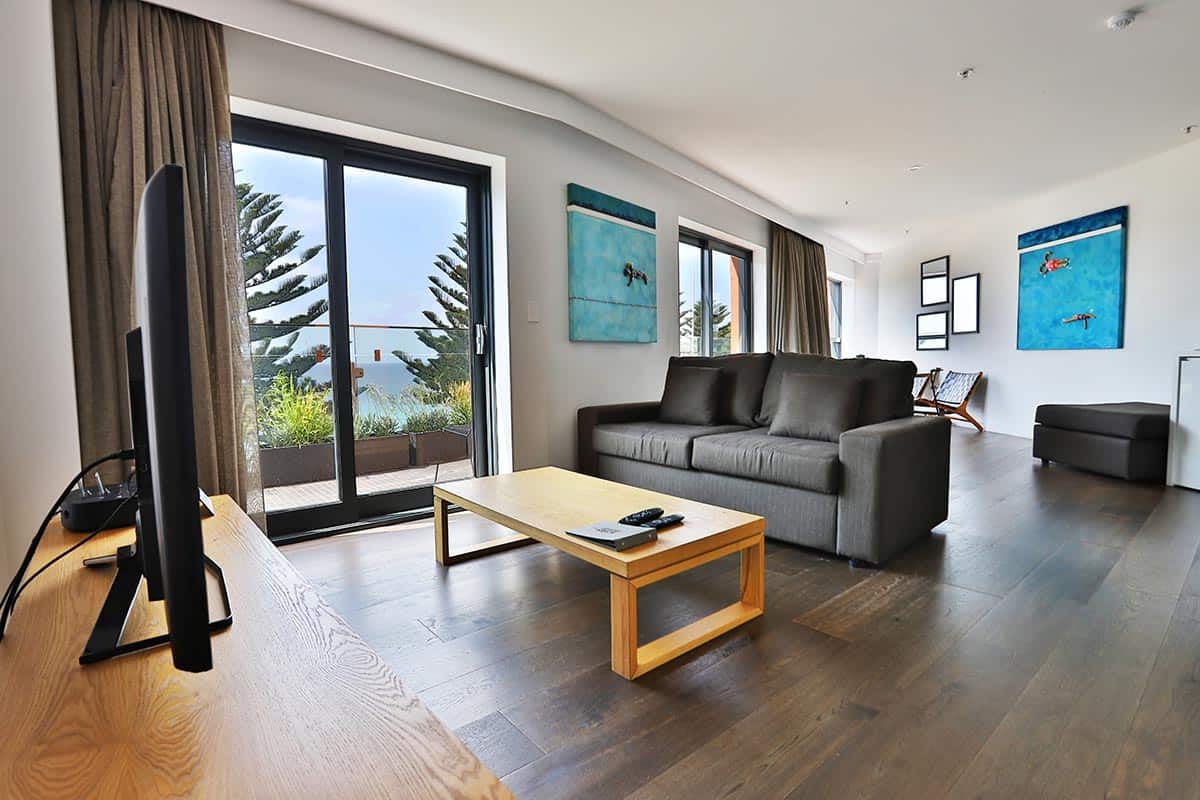
Luxurious Recovery at Bondi38 Serviced Apartments
Let’s discuss your temporary abode in Sydney—Bondi38 Serviced Apartments. With their comforting atmosphere, these fully furnished apartments are essential for guests recovering from jet lag.
Each apartment has separate sleeping and living areas, providing guests with a balanced space and contributing to a sense of normalcy during their adjustment period. Plus, the convenience of in-unit cooking facilities and laundry services makes for a more comfortable and stress-free stay while coping with jet lag.
Whether you prefer a studio or a two-bedroom unit, Bondi38 has you covered. It is fully equipped to cater to your needs for space and comfort during your extended recovery from jet lag.
Exclusive Amenities for Optimal Rest
Bondi38 Serviced Apartments go the extra mile to ensure your comfort and rest. With a keyless entry system, you can enjoy convenient and secure access without the hassle of managing keys, especially after a long flight.
Each apartment is equipped with:
- Air conditioning allows guests to personalise their room’s climate for maximum comfort while recovering from jet lag.
- Complimentary services, including Foxtel and Wi-Fi.
- Well-equipped kitchens and laundry facilities featuring modern appliances.
Bondi38 provides these amenities to enhance the recovery experience.
Extended Stay Discounts for Gradual Adjustment
And guess what? The longer you stay, the better the deal! Bondi38 Serviced Apartments encourages extended stays by offering a discount, including 10% off for two nights, 15% off for three nights, and 20% off for stays of five or more nights. This is perfect for guests looking to gradually adjust to Sydney time and fully recover from jet lag without feeling rushed.
Establishing New Routines to Overcome Jet Lag
Once you’ve settled into your comfortable apartment and rested, the next step is to create new routines to beat jet lag. Yes, routines! Even though you’re on vacation, maintaining a sense of normalcy can help your body adjust to the new time zone more effectively.
Consistency in daily activities, such as waking up, eating, and sleeping simultaneously, helps regulate body systems and align them with the new local time. You could even use sun alarm clocks to align your circadian rhythm with the sunrise, promoting a more effortless adjustment to the new time zone.
Plus, moderate caffeine consumption can help sustain alertness during daytime hours, assisting in adapting to the active period of the new time zone without interfering with nighttime sleep.
Meal Times and Social Engagement
When in Sydney, you’ll want to savour the local cuisine, but it’s also crucial to align your meal times with the local customs to alleviate jet lag and stabilise sleep patterns. If you arrive in Sydney in the morning, consuming protein can help keep your body awake and alert.
The apartments at Bondi38 come equipped with cooking facilities and dining areas, enabling guests to maintain their dietary routines contributing to better rest and recovery. Moreover, aligning meal times with local customs and engaging in regular social activities can minimise social jetlag and improve nutritional habits.
Leveraging Bondi38’s Proximity to Attractions
One of the best parts about staying at Bondi38 is its prime location. Guests can enjoy close proximity to local attractions such as Bondi Beach, Bondi Markets, Bronte Beach, and other popular spots.
Daytime outings to these attractions can help reset your circadian rhythms, helping you overcome jet lag more efficiently. So, why not take advantage of Bondi38’s location and explore the area while your body adapts to the local time? It’s a win-win situation!
Maintaining Sleep Health Post-Jet Lag
Well done! You’ve successfully navigated the initial stages of jet lag and are now comfortably settled in Sydney. But the journey doesn’t end here. It’s important to maintain your sleep health, even after you’ve overcome the initial jet lag.
To maintain a healthy sleep schedule, here are some tips:
- Quickly adapt to the new time zone
- Avoid long naps to help you stay awake during the day
- Aim to go to bed at a typical local time
- Refrain from caffeine and alcohol
- Consider using sleep aids such as eye masks or earplugs if necessary
Following these tips will help support your sleep health.
Regular exercise can also help maintain energy levels and promote better sleep.
Evaluating and Tweaking Sleep Patterns
After overcoming jet lag, assessing and modifying your sleep patterns becomes crucial. Adjusting sleep patterns to the local time zone and avoiding daytime naps are critical for aligning with local time, making it easier to fall asleep at night.
Setting an alarm to prevent oversleeping helps regulate morning wake-up times and is a valuable strategy for adjusting to a new sleep pattern. Try meditation every two hours for 30 to 60 minutes to ease into sleep cycles that align with the destination’s time zone.
Utilising Bondi38’s Comfort for Quality Sleep
As you adjust to Sydney time and maintain your sleep health, don’t forget to utilise the comforts offered by Bondi38 Serviced Apartments fully.
The inclusion of well-equipped kitchen and laundry facilities helps create a homelike environment that can improve sleep quality for guests by providing the comforts and conveniences of home.
Summary
Overcoming jet lag from England to Australia can seem daunting, but with the right strategies and a comfortable place to stay, it’s entirely achievable. The tips and advice in this guide, combined with the luxurious comfort of Bondi38 Serviced Apartments, ensure you can beat jet lag and make the most of your Australian adventure.
Frequently Asked Questions
Do you get jet lag coming from Australia to the UK?
Yes, you’re more likely to avoid jet lag when flying from Australia to the UK, but returning can cause these symptoms as well.
What is jet lag and how does it affect my body?
Jet lag is caused by traveling across time zones and disrupts your body’s normal patterns. It results in symptoms like exhaustion and disrupted sleep patterns and can lead to altered eating habits.
How can I prepare for a long-haul flight and reduce the effects of jet lag?
To prepare for a long-haul flight and reduce the effects of jet lag, adjust your sleep cycle to match the destination’s time zone before departure, pack smartly for a comfortable flight, and use apps to calculate optimal sleep times and adjust to the new time zone.
How can I manage time zone transitions while onboard the flight?
To manage time zone transitions while onboard the flight, set your watch to the destination’s local time, try to rest during the plane’s ‘nighttime’, and prioritize staying hydrated and nourished.
How do I adjust to the new time zone upon arrival in Sydney?
When you arrive in Sydney, make sure to get some sunlight during the day, avoid long naps, and take a walk outside to help your body adjust to the new time zone. This will help you acclimate more quickly to the local time.









